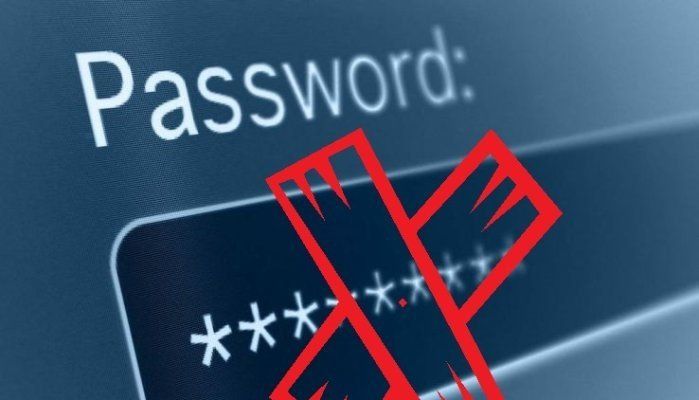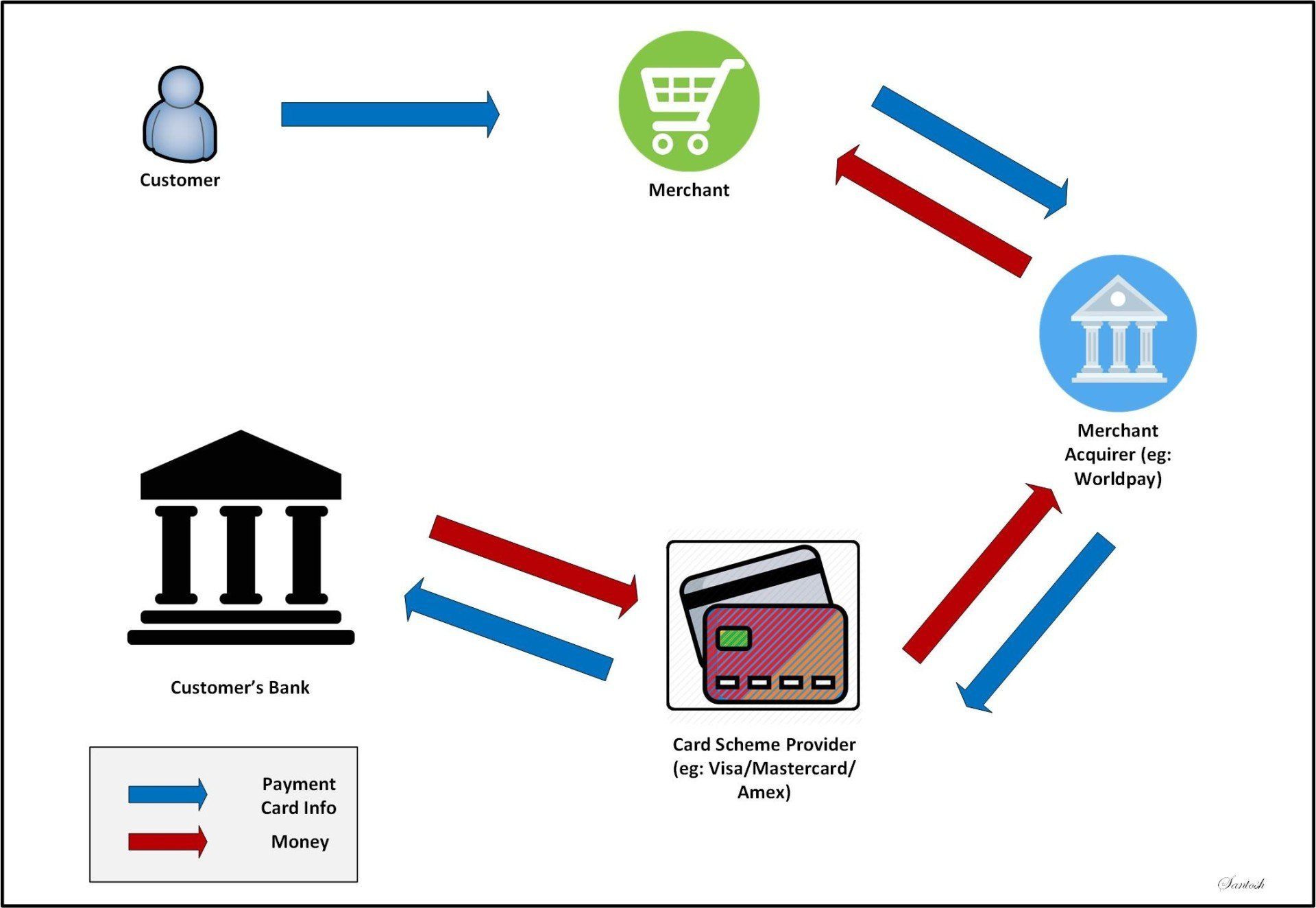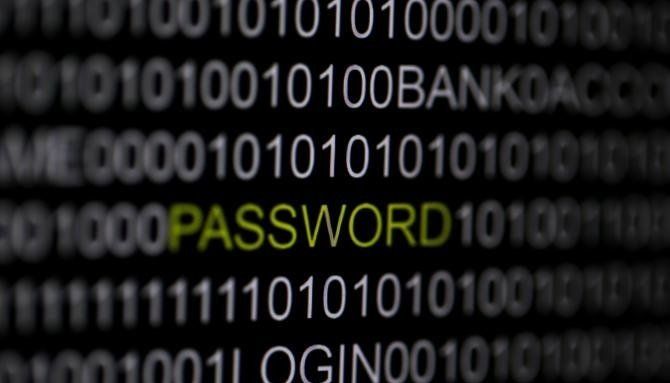Is it time to De-Throne the Password? - Part 2

In the firstpart of this post we saw why using password is not secure in the current climate and how you could add additional factors to make it more secure. In this post we will continue on the the path to getting closer to the " Password Nirvana ".. The quest towards eliminating the use of passwords from our digital life...
Can we do anything about eliminating the "password" element in Authentication?
A recent survey of users has found that a third of people now admit to having grown angry after struggling to remember log-in details. Users in the survey say " forgetting passwords to an account they need immediate access to is more annoying than misplacing their keys, having a cellphone battery die, or receiving spam email.
" Hence it would be ideal if we could implement an authentication system where password is not used as an authenticating factor at all as passwords have one of the least level of assurance.There are current concerns / barriers though in moving to that state; like cost, privacy concerns, maturity of alternate technologies etc.
For an authentication factor to de-throne password from its status as the default primary authentication factor, firstly it should at the minimal not be forgettable , social-engineerable or phish-able.
The industry has started to respond in addressing these requirements with development of alternate solutions. One of the front runner in this is the Fast Identity Online (FIDO) alliance. The FIDO alliance is a cross-industry consortium and have member companies including some heavy weights like Google, Microsoft, Intel, Samsung, Lenovo, Alibaba Group, PayPal, NTT Docomo, American Express, Bank of America, Visa and MasterCard backing it. It seeks to eliminate the dependency on password as authentication means. FIDO recently announced government membership program and have enrolled two government bodies - Office of Cabinet (UK) & NSTIC/NIST (US).
FIDO alliance has proposed two open specifications -
1. Universal Second Factor(U2F)
augment a first factor (eg: usually password but is not mandated to be so) with any token that is compliant with U2F standard
2. Unified Authentication Framework(UAF)
that aims at replacing passwords completely. This does this by having a de-coupled user verification happening locally on the device using a component called FIDO Authenticator and authentication with the service provider using Public Key cryptography.
With the advent of newer Smart phones / Tablets / Laptops (eg: Iphone 6, Samsung Galaxy S6/Note 5, Nexus 5X/6P, Lenovo laptops etc) built-in with features to obtain biometric factors like Fingerprints, Face-recognition or Voice-print etc; biometric factors could be used in lieu of password for authentication. This can significantly reduce the Total Cost of Ownership (TCO) as the mode to provide the authentication is already built in on the user device. For the user, this is more convenient than remembering a password. A win-win situation.
Storing my biometrics on a remote server? No way..
There is this lingering question when using biometric authentication regarding the privacy impact of storing biometric information on a centralised remote location. With FIDO's UAF based authentication, even if we were to use biometric based authentication using our smartphone or laptops with fingerprint scanner, the biometric information never leaves the device. The biometric pattern based on the user's biometric information and public / private keys generated specific to the combination of the user+device +service are stored securely within the device. The public key is sent securely to the service provider as part of registration and is used during the authentication process to validate and provide the authentication response to the service provider securely (signed using the private key).
As illustrated above, there is a clear separation of user verification and the FIDO Authentication with the service provider. This means that the user can use any authenticator that the device would be able to support as long as it is compliant with the service provider's policy on acceptable authenticators. You can probably call this " BYOAuth
". So, for the same service provider, one user might use the authenticator that does fingerprint based verification while another user might be using another authenticator that does NFC enabled Yubikey (like Yubikey Neo). This also makes easy to future-proof against any new form of verification methods.
Hmm..Interesting, has it seen the sun or is it still on papers and prototypes?
Not at all.. Its very much live and kicking.. FIDO's UAF based authentication is gaining traction (seem more so on the consumer front) albeit slowly.
Paypal ( https://www.paypal-pages.com/samsunggalaxys5/us/index.html
) and AliPay both support using FIDO's UAF based authentication.
NTT-Docomo's OpenID (DocomoID) supports UAF based authentication ( http://www.nfcworld.com/2015/05/26/335459/ntt-docomo-rolls-out-fido-biometrics-platform-in-japan/
).
For more information on the FIDO’s specifications, please visit https://fidoalliance.org/specifications/overview/
Apart from the FIDO UAF compliant authentication, there are other biometric authentication solutions that also seeks to eliminate passwords like the Fujitsu's IRIS based authentication
( http://www.fujitsu.com/global/about/resources/news/press-releases/2015/0302-03.html
) and behavioural based authentication like Lockheed Martin's gesture based authentication solution developed for NSA called Mandrake
( http://www.engadget.com/2015/05/26/nsa-tests-finger-swipe-identification/
).
In closing..
Replacing passwords with stronger authentication factors like biometrics is not a silver bullet, but it does provide a higher level of assurance and significantly reduces the possibility of a breach. For High risk / Sensitive transactions FIDO based authentication augmented by contextual authentication (using geolocation, device fingerprint, user profiling etc) could be employed to achieve higher ability to prevent fraud.
On the original question of "Can the password be de-Throned?", we are not there yet but are much closer to it and moving towards with a steady pace..
#KillPasswords #FIDO



